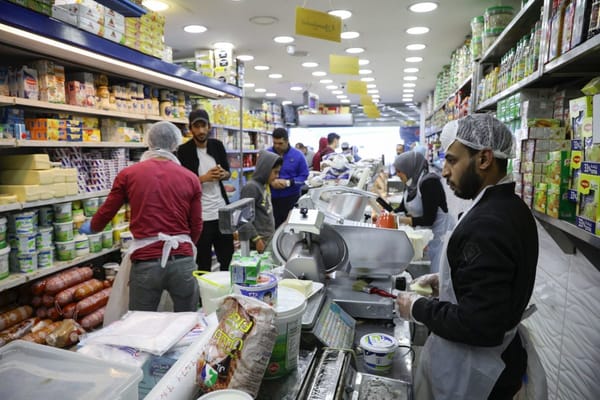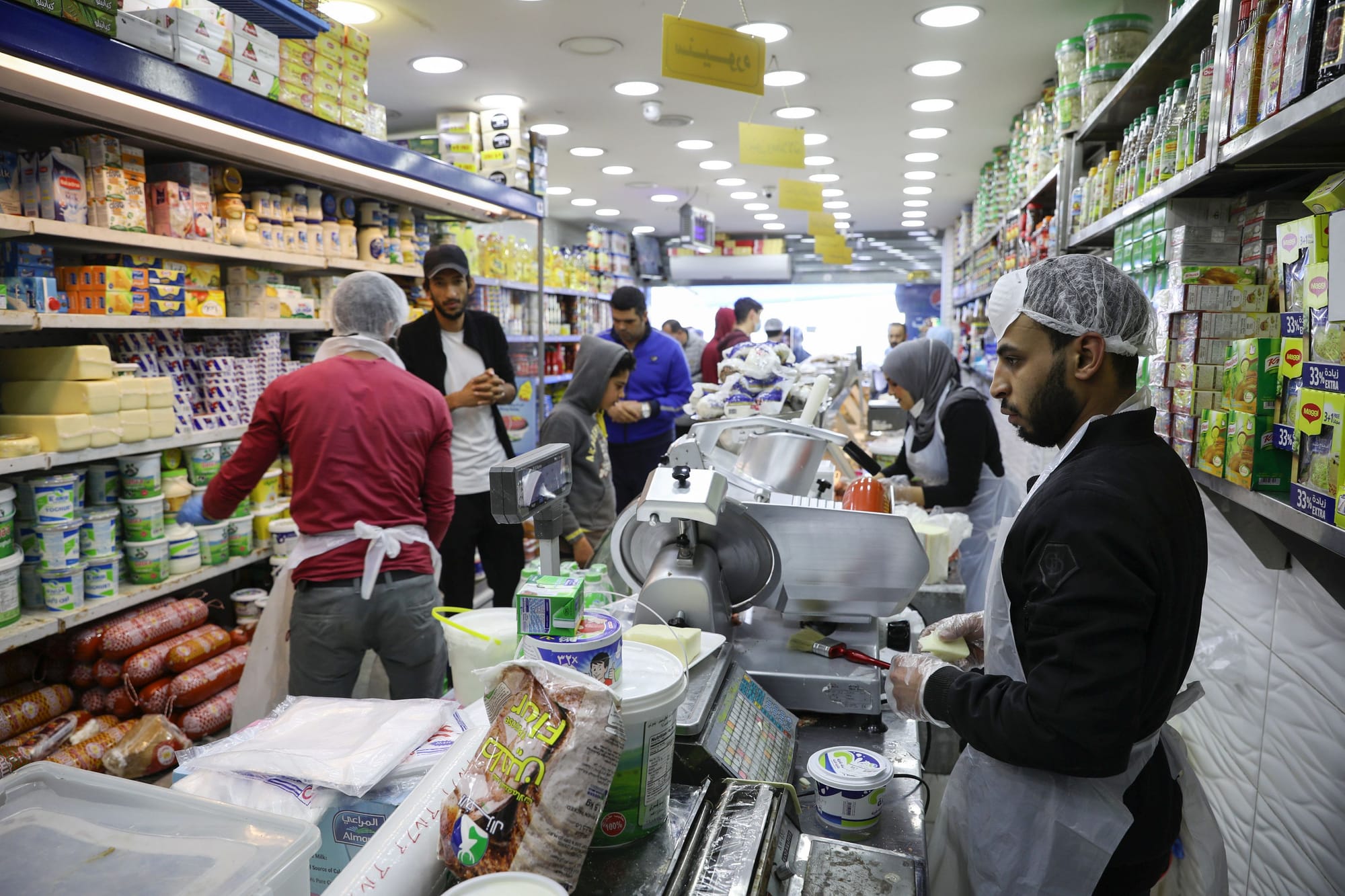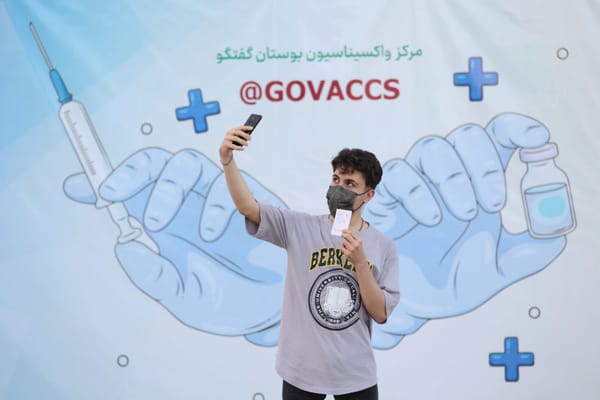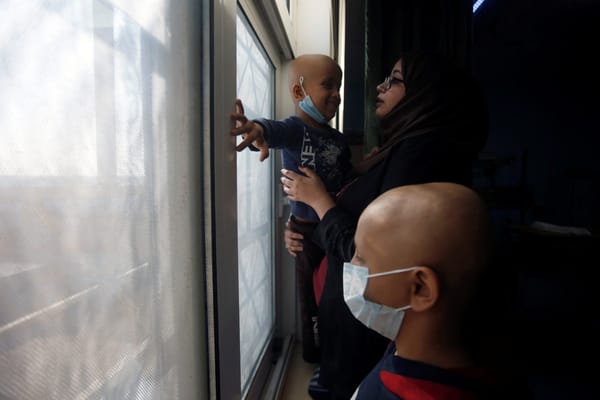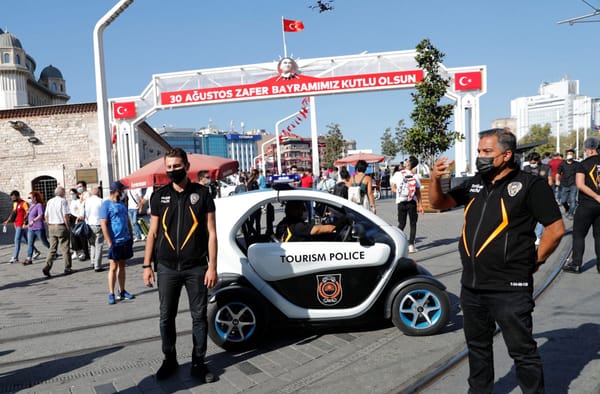Voices from the Middle East: Providing Urgent Aid to Refugees in Amman, Jordan
Jordan's strict nationwide curfew and ban on car traffic in response to the COVID-19 pandemic is complicating crucial aid delivery to refugees. Amanda Lane, executive director of the Collateral Repair Project, explains how they are coping with the new restrictions and why the situation was already s
